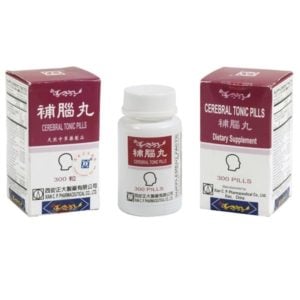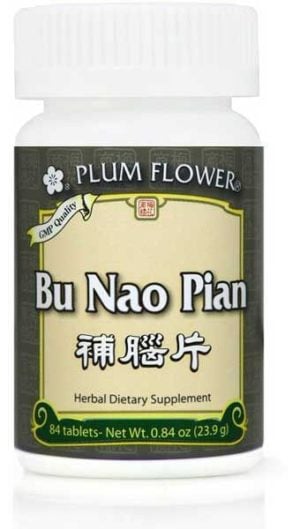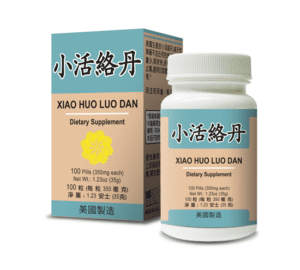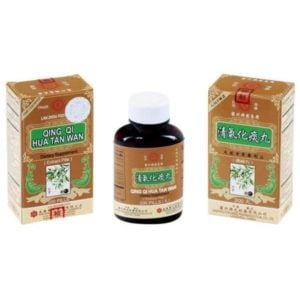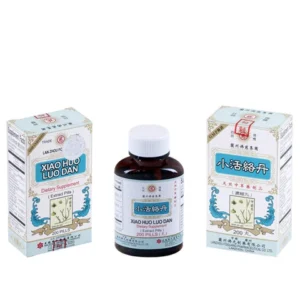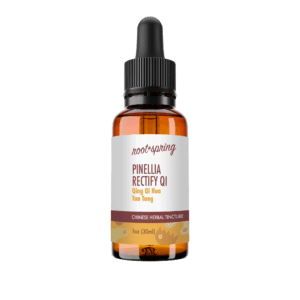Your cart is currently empty!
Tian Nan Xing
English Name: arisaema tuber, jack-in-the-pulpit tuber
Literal Translation: “star of the southern heavens”
Pharmaceutical Name: Rhizoma Arisaematis
Medica Category: Phlegm-Resolving Herbs
Properties: Tian Nan Xing enters the Liver, Lung, and Spleen channels; it is bitter and acrid in nature and warm in temperature.
What is Tian Nan Xing?:
The Chinese Herb Tian Nan Xing is the rhizome of the Himalayan Cobra Lily (Arisaema consanguineum Schott.; and 2 others), a relative of jack-in-the-pulpit which naturally grows in mountainous areas of Northern India on through into Southern China. The plant grows to a height of about three or four feet bearing just one umbrella-shaped leaf. In summer, a purple-brown hooded spathe (a kind of tubular-shaped flower) with green and white stripes appears beneath it, followed by bright red berries in autumn.
The rhizomes are harvested in the fall, and they are toxic in their raw state. Processing consists of soaking and washing the cleaned raw herb several times, then soaking it (again) for a day in water with alum added. After washing again, the herb is then boiled in water with ginger and alum until the center is no longer dry. The herb is partially dried, then sliced and dried completely.
Tian Nan Xing can also be processed with pig or sheep bile, in which case it is called Dan Nan Xing (or Chen Dan Xing if it is aged to increase its potency).
Traditional Chinese Medicine (TCM) Therapeutic Actions of Tian Nan Xing:
Tian Nan Xing dries dampness and dissolves phlegm obstructing the channels and collaterals in the Lung to clinically address cough with profuse discharge of white sputum and feeling of congestion and tightness in the chest. Combined with the proper heat-clearing herbs, it is appropriate for cough with the production of yellow sputum as well (i.e. cough from Lung heat with copious yellow discharge).
Tian Nan Xing dispels wind from the channels and collaterals to address muscle spasms, cramps, convulsions, dizziness, vertigo, epilepsy, and seizures (note for students and practitioners: treats clinical manifestations of Liver wind rising with phlegm obstruction… Dan Nan Xing/Chen Dan Xing is better at this action than Tian Nan Xing).
Tian Nan Xing can be used topically to reduce swelling and dissipate nodules (either from traumatic injury or chronic phlegm accumulation).
—safety notes:
Use with extreme caution during pregnancy.
Unprocessed Tian Nan Xing is contraindicated for internal use.
The entire plant Arisaema consanguineum is toxic from leaves to root. Adverse reactions to this plant may include numbness of the tongue and mouth, itching, burning sensations, involuntary salivation, headaches, dizziness, palpitation, and nausea/vomiting (not a complete list). Overdose/adverse reactions may occur at dosages as low as 10g and can start within 15 minutes (to potentially last for several hours. Treatment of adverse reactions is discussed in Chen and Chen p. 687).
Tian Nan Xing has marked sedative and analgesic effects and can potentiate the sedative effect of barbituates.
Products Containing Tag: Tian Nan Xing – Arisaema – Rhizoma Arisaematis
-
Cerebral Tonic (Bu Nao Wan) for Mental Alertness
Add to Cart$18.49
-
Xiao Huo Luo Dan (Healthy Joint Combo) – by Lao Wei
Add to Cart$10.86
-
Solstice Medicines (Ci Brand) – Qing Qi Hua Tan Wan
Add to Cart$11.99
-
Solstice Medicines (Ci Brand) – Xiao Huo Luo Dan
Add to Cart$11.99
-
Qing Qi Hua Tan Tang (Pinellia Rectify Qi) – Liquid Extract (Tincture)
Add to CartStarting at $14.00

